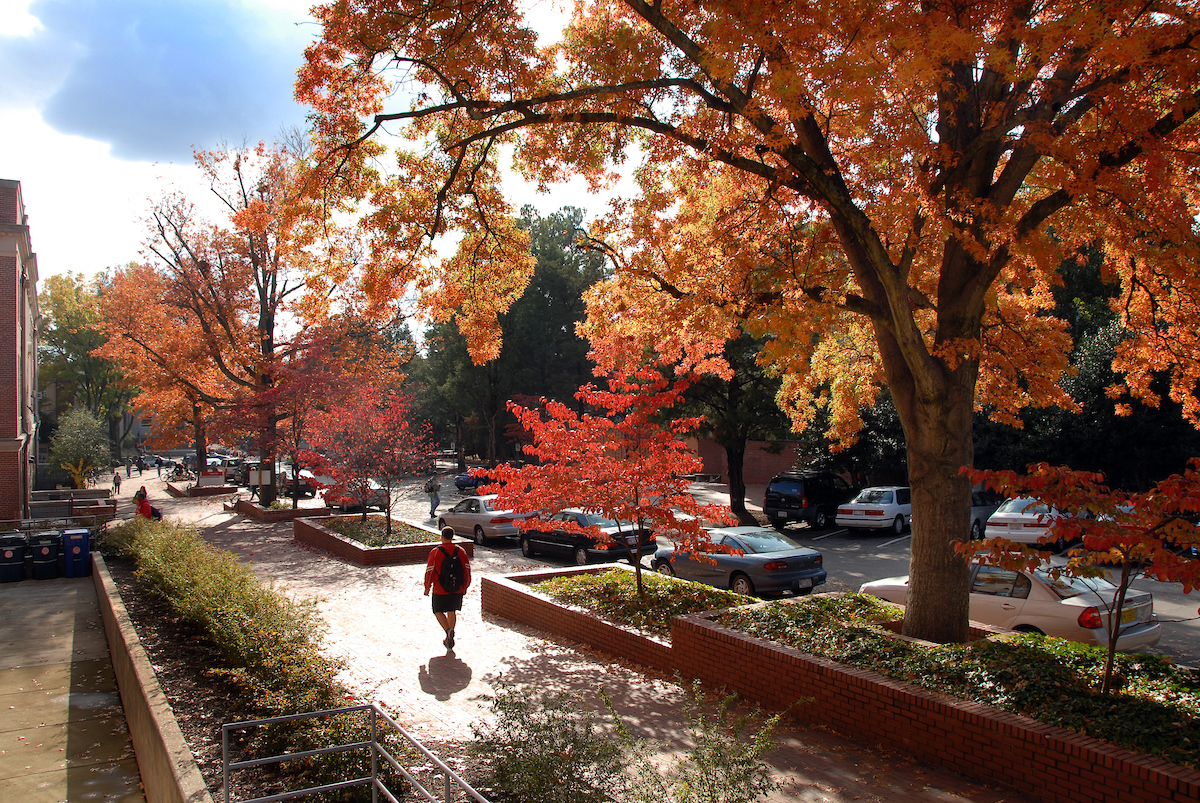Danielle Marble, Fashion and Textile Management

The Digest recently interviewed Danielle Marble, a rising junior In Fashion and Textile Management with a concentration in Fashion Development and Product Management from Shelby, NC. Danielle has been active in many NC State organizations. Find out which ones.
What activities and positions have you been in at NC State?
During my first year, I was a member of the Impact Leadership Village, which is housed in Bowen Hall. I also became an AYA ambassador for the African American Cultural Center. This year, I became a peer mentor through Multicultural Student Affairs and held the community service chair position for the African American Textile Society. I will be entering my junior year as the president of the African American Textile Society, as well as a College of Textiles junior class representative, while continuing my roles as both a peer mentor and AYA ambassador.
What have been some of your most impactful experiences while a student there?
Being a part of the African American Cultural Center family through the Ambassador program has allowed me to become more culturally competent and knowledgeable about my history and culture while being able to help others do the same. As well, it provides lifelong relationships and exceptional mentors such as Mama Thorpe. The many community service events and opportunities to give back (Service Raleigh, Relay for Life, Habitat for Humanity, Big Brother Big Sister, etc.) have also been instrumental in both my personal and professional development. A college student, especially at such a large university as NC State, can sometimes get lost in the hustle and bustle of life. But to take a few hours to help those in need can humble you and fill those voids of life with purpose.
Do you feel that diversity programs and events are important at NC State? Why?
Yes, I feel that diversity programs and events are not only important but the key to the growth of the NC State community. Because these events give students the opportunity to learn about other cultures, therefore making them more culturally competent, they can help eliminate the many negative stereotypes often formed due to the lack of knowledge in those areas. They also aid in preparing students for life after college because there will never be a place nor job where everyone has the same upbringing, beliefs and/or physical appearance.
- Categories:


